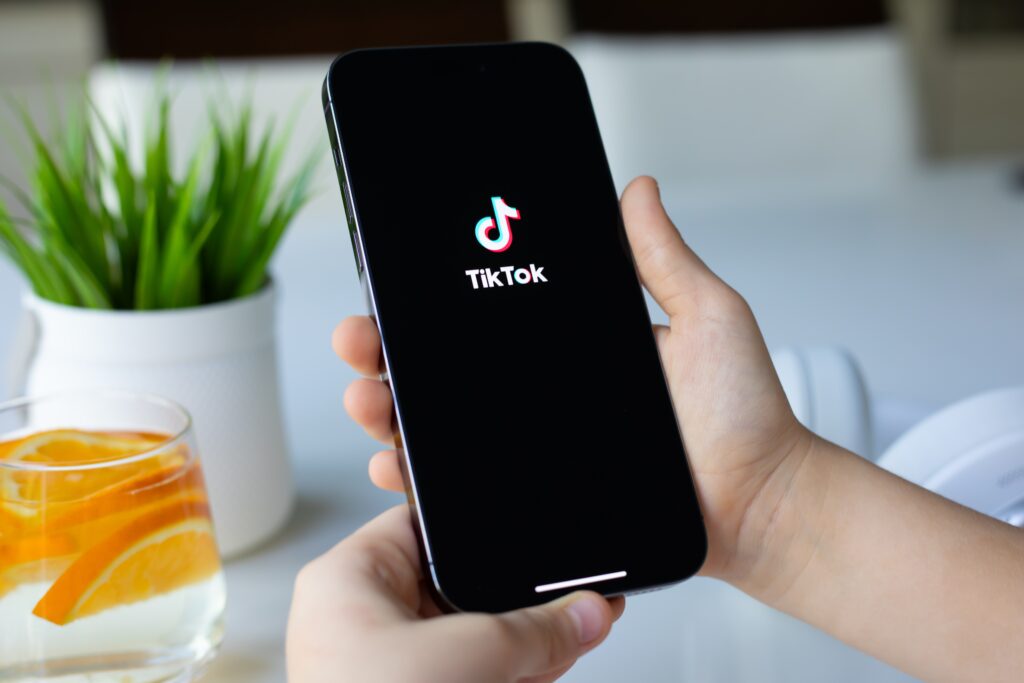Federal Court Orders TikTok Sale or Ban, Raising Stakes in US-China Tensions
A federal appeals court upheld a law requiring TikTok to sell its US assets to a non-Chinese company. If TikTok fails to comply by January 19, 2025, the app will face a nationwide ban. This decision moves TikTok closer to a US ban and intensifies its legal battle with the government. The case highlights growing concerns over national security risks tied to foreign technology companies.
TikTok Faces Divestiture Deadline
The court ruling cited fears that China’s government could access personal data from millions of US users through TikTok. Judge Douglas Ginsburg acknowledged that banning TikTok would burden its millions of users. However, he attributed this burden to China’s national security threats, not US actions.
TikTok opposes the ruling, arguing the divestiture mandate is not viable technologically, commercially, or legally. Michael Hughes, a TikTok spokesperson, said the company plans to appeal to the Supreme Court. TikTok argues the law violates the free speech rights of 170 million Americans who use the app.
Escalating Legal and Political Conflicts
The US government’s concerns about TikTok have persisted for years. In April, President Joe Biden signed a bill requiring ByteDance to sell TikTok or face a ban. Earlier, Montana passed a law banning TikTok in 2023, but a judge blocked its implementation.
TikTok filed a lawsuit in May, challenging the law’s constitutionality. Despite the company’s arguments, the appeals court upheld the law. Judges ruled it addressed legitimate national security risks posed by foreign influence. Lawmakers have expressed concerns about TikTok being used to manipulate app content or gather sensitive data.
Congressman Josh Gottheimer described the situation as an “information invasion” targeting US citizens, especially children. Lawmakers remain divided, but the debate underscores the app’s contentious role in US-China relations.
Critics Raise Free Speech and Privacy Issues
Civil rights groups, including the ACLU and the Electronic Frontier Foundation, strongly oppose the TikTok ban. They argue the law restricts free speech and amounts to censorship. These groups believe enhancing privacy protections would better protect user data than banning the app.
TikTok denies being influenced by the Chinese government. The company states it operates independently of ByteDance and has headquarters in Los Angeles and Singapore. It claims US user data is stored by Oracle, a trusted American company, under strict privacy safeguards.
Judge Sri Srinivasan expressed concerns about TikTok’s data collection practices. He suggested that selling TikTok to a non-Chinese company could eliminate national security risks. Such a move would also preserve the app’s availability in the US.
TikTok’s Future Hinges on Supreme Court Decision
The Supreme Court’s decision will have far-reaching consequences for TikTok and other foreign-owned tech companies. If the law stands, ByteDance must sell TikTok, or the app will face a ban.
This case will likely set a precedent for how the US handles foreign technology companies. The outcome will determine whether national security concerns outweigh free speech rights and commercial interests. For now, TikTok’s future in the US remains uncertain.


